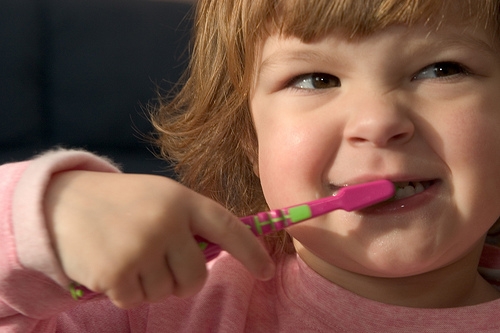What is nitrous oxide and is it safe?
October 18th, 2016

Our team at Cataraqui Dental Centre understands that the sights, sounds and sensations at a dental office can be unsettling for some patients. One effective technique that we use to comfort you is to offer the gas nitrous oxide. Nitrous oxide is a common anesthetic used during many dental procedures.
What is nitrous oxide?
Nitrous oxide is an oxide of nitrogen which has a slight sweet odor and taste. During medical or dental procedures, the gas is mixed with oxygen then inhaled through a mask that covers your nose. Within minutes, you should feel calm and experience an overall sense relaxation. You will be able to breathe on your own, move your limbs, and be conscious enough to hear and respond to our dentist's questions. The effects of nitrous oxide disappear shortly after the mask is removed and the drug is quickly eliminated from your body.
Is nitrous oxide safe?
Recreational use of nitrous oxide for its euphoric effects can be dangerous, however, the drug is combined with oxygen at dental offices. This ensures oxygen reaches the brain and prevents dangerous side effects or hypoxia. Nitrous oxide inhalation is a safe and effective technique to reduce anxiety, produce analgesia, and enhance effective communication.
Nitrous oxide is non-addictive and non-allergic, however, it may cause nausea in up to ten percent of patients. The drug is not recommended for people with some medical conditions such as chronic pulmonary disease. We recognize that all patients are different and encourage you to talk with Drs. Tom Holmes, Gordon Lansdown, Karen Nesbitt, Nick Cosman, Chuck Burgess, Brett Empringham, and Patrick McDonough about whether nitrous oxide would be a good option for you.
Our team wants to help all patients in Kingston, ON to overcome dental anxiety, so please, give us a call at Cataraqui Dental Centre.





